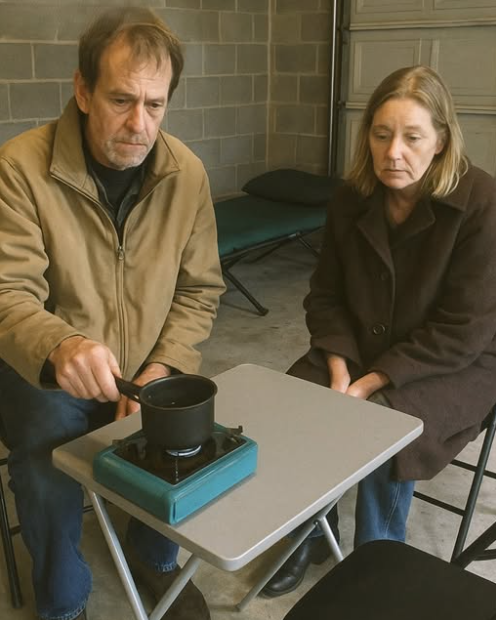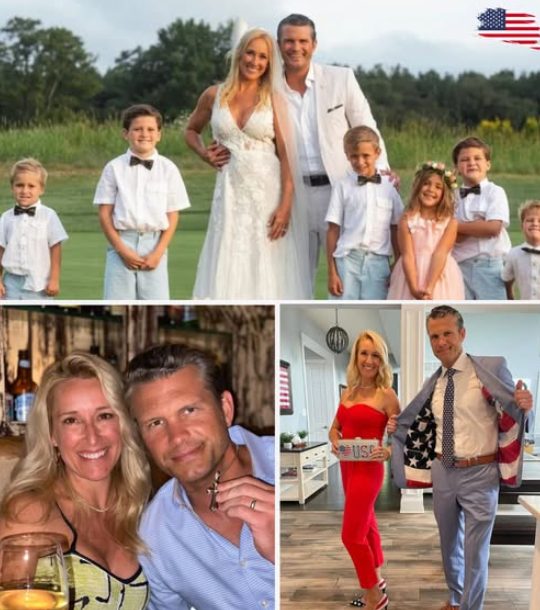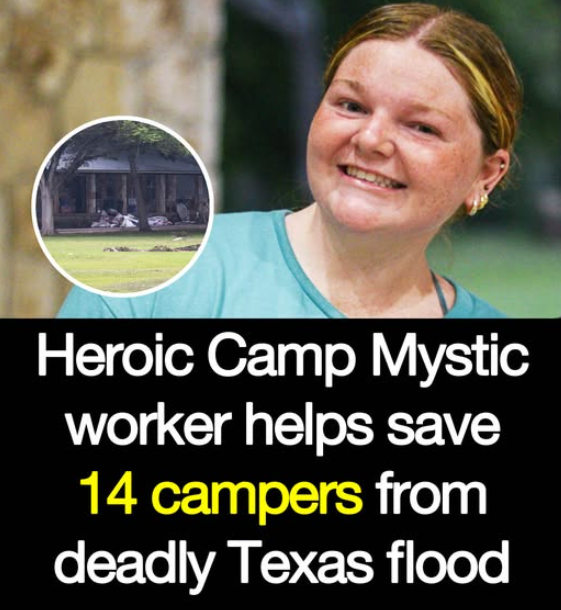I thought I was doing something sweet—surprising my parents for Easter with tulips and chocolates. Instead, I walked into a scene I never could’ve imagined.
Turns out, my older sister had moved into their house… and kicked them out. My parents—my kind, quiet, hardworking parents—were living in the garage.
Here’s how I found out.
I live about five hours away and chat with my mom almost daily. Nothing deep, just quick calls. She always says the same thing: “We’re doing fine, honey. Just the usual.”
And I believed her.
We were always a tight-knit family. Not wealthy, but solid. My dad built the house with his own two hands. My mom made it feel like home—wooden floors, the smell of cinnamon, and framed family photos everywhere. It was the kind of place where time seemed to slow down.
My sister Cassandra was… different. Two years older, a magnet for drama, and a master manipulator wrapped in charm. To outsiders, she was a ray of sunshine. But if you knew her? You knew better.
This year, I thought I’d do something special. No heads-up, no plans—just me, showing up for Easter like old times. I imagined my mom’s surprise, my dad flipping burgers, maybe pastel decorations in the yard.
But when I pulled into the driveway, the house was quiet. No sounds, no smells, no laughter. I knocked. Nothing.
I still had my old key. So I let myself in.
Everything had changed. Cold gray walls replaced the warm yellow. The cozy couch? Gone—replaced by some stiff, modern leather monstrosity. My mom’s antique touches had vanished. The whole place felt like a showroom, not a home.
And the family photos? Replaced by abstract art that looked like someone spilled ink and called it genius.
I thought maybe I had the wrong house… until I heard her voice. Cassandra.
“You didn’t tell me your sister was coming.”
A man laughed. “The golden child? She’ll be gone by tomorrow.”
I didn’t say a word. I just turned around and walked straight to the garage.
A dim light was on inside. I slid the door open slowly.
And there they were.
My dad, sitting on a stool, working on some cabinet hinge. My mom, bundled in a coat, sitting on a folding chair next to a cot. A camping stove sat in the corner. A small table. Two mismatched chairs. That was it.
I couldn’t even find the words. My mom turned, surprised.
“Honey,” she said, softly.
“Mom… what is this?”
She looked down. “It’s just for now.”
My dad didn’t even pause. “Told her to wear gloves. It’s cold.”
“Why are you out here?” My voice broke.
They exchanged a glance.
“Cassandra and Nathan needed space,” my mom whispered. “They’re redoing the house.”
“In your house?” I asked.
“It’s just temporary,” she said.
I stood still, processing. Then I told her quietly, “Pack a bag. I’ll be back in an hour.”
She blinked. “What?”
“You heard me.”
My dad finally looked up. “Where are we going?”
“Anywhere but here.”
Ten minutes later, I pulled into the best hotel in town. Fireplace in the lobby, fresh flowers on the tables.
“One room, two beds, one week,” I told the clerk.
Back at the garage, I held out the keycard. “We’re going now.”
Mom hesitated. “Sweetheart, we don’t want to cause a scene.”
“I’ll cause it for you,” I said.
They didn’t fight me.
That night, they slept in a real bed, under warm blankets, with TV and room service. Meanwhile, I opened my laptop.
I work in contracts. Legal documents, fine print—I live for this stuff.
I dug through the family’s old digital files. Then my mom and I opened their locked filing cabinet the next morning. Inside? Everything I needed. Property records. Insurance papers. The deed to the house.
Cassandra’s name was nowhere.
Legally, she had no claim. Just a guest. And guests? They can be evicted.
But first, I had a little plan.
I texted Cassandra: “Lunch tomorrow? Just us?”
She was shocked. “Wait… you’re not mad?”
“No. I’ve been thinking.”
She showed up wearing a trench coat and an overconfident grin. Like we were old friends again.
We ordered lunch. She talked nonstop—about renovations, about how hard things had been, how she was the one keeping things together.
I let her ramble. Then I said, “Maybe you’re right. Maybe they do need help.”
Her face lit up. “Exactly!”
“I even spoke to some realtors,” I said casually, pulling out my phone. “Selling the house could fund their care. And maybe help you and Nathan move out.”
She leaned in. “That’s what I’ve been saying!”
I looked her in the eye. “Also, I recorded this whole conversation.”
She froze.
I left money on the table and walked out.
Three days later, I returned—with an eviction notice and two officers at my side.
Nathan answered the door in my dad’s robe, holding a coffee cup like he was king of the castle.
“You lost?” he smirked.
I handed him the papers. “Nope. But you’re about to be.”
Cassandra appeared behind him. Her smile disappeared the second she saw what I was holding.
“You can’t be serious.”
“Oh, I’m very serious.”
She tried to spin it, soften her tone. “We just needed time. Mom and Dad said—”
“You’re not on the deed,” I cut in. “You’re not on the lease. You’re a guest. And now? You’re out.”
Nathan scoffed. “You can’t evict family.”
The officer stepped forward. “Actually, you’ve been served. Please read the documents.”
Silence.
A week later, my parents were back home.
My mom cried when she saw her old floral centerpiece on the table. “I thought this was gone.”
“I saved it,” I told her. “I knew we’d need it again.”
Later, my dad handed me a folder.
“If anything ever happens to us,” he said, “this is yours. You earned it.”
We hugged. No words were needed.
Cassandra? She’s couch-surfing now, blaming us for “ruining her life.” Nathan vanished right after the eviction.
But my parents? They’re safe. Warm. Home. No more garage. No more folding chairs. Just steak on the grill, tulips on the table, and laughter in the house again.
Easter ended the way it was supposed to—together, in the place they built. Where they belong.










